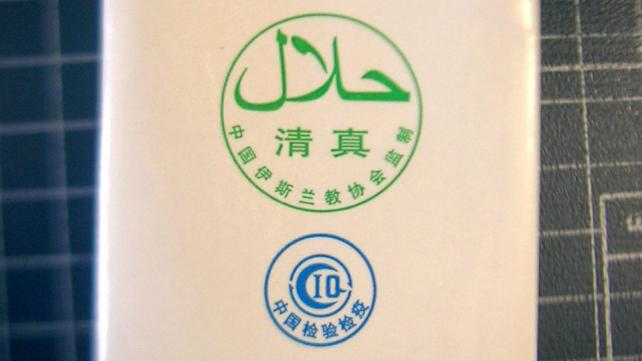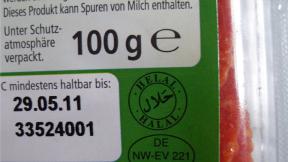
While the effects of bogus Halal certification done by some individuals and agencies for export purposes affects Muslims abroad, Muslims in the U.S. are not left unscathed.
The same individuals and agencies which certify Halal for export often do the same for local Halal grocers.
But apart from the fact that this abuse is happening, there is another dimension to it.
There are cases of certifying agencies and certifiers competing with each other for business.
Mohammad Mazhar Hussaini, the former executive director of the Islamic Food and Nutrition Council of America (IFANCA). The non-profit organization certifies as Halal products in the U.S. as well as foodstuffs for shipment to Malaysia.
He recounts one example of how a Muslim decided to cut a deal with McDonald’s which was already working on Halal certification for their french fries with IFANCA. The restaurant chain paid IFANCA a certain fee for the certification. This individual Muslim offered to certify for McDonald’s at a cheaper price. He got that account.
However, later on, the Malaysian government questioned him about certification and he “came crying to IFANCA,” Hussaini told Sound Vision.
But the competition is not viewed negatively by all. Habib Ghanim is director of Halal certification with the American Muslim Foundation and President and chief executive officer of the U.S.A. Halal Chamber of Commerce Inc.
Like IFANCA, the U.S.A. Halal Chamber of Commerce is aiming for the global Halal labeling of all foodstuffs and meat. Ghanim says though that there is nothing wrong with healthy competition, adding he “has always supported IFANCA.”
Hussaini isn’t worried either it seems.
“Halal is the business of trust, and any organization that has that relationship of trust and respect with the consumers, they will be the one who will have more business, even if it’s cheaper or more expensive,” he notes.
“So the competition should be more of the discipline, the honesty, the integrity and professionalism in this business, it will never be the price.”
“What is happening right now is that there is a competition underselling the certification. If organization A is charging one cent a pound for certification organization B comes along and says ‘I’m going to charge you half a cent’ and naturally the manufacturing company would make a business sense out of it and they will go with the half a cent organization.”
“But these are the businesses who would go with the cheap certification are going for a short-range business. But those who are in the business for the long run they would rather go with the organization who is more trusted and respected and recognized by the consumers.”
While bogus Halal certification remains a problem in the U.S. and abroad, it has already been dealt with in at least one court in Virginia.
Ghanim recounts the example.
“There was a company here in Virginia called American Halal Beef in Springfield Virginia. They were fined by an American judge about three years ago for claiming to sell Halal,” he says in an phone interview. “The American judge did not fine them based on religious concern but because they violated the USDA (United States Department of Agriculture) labeling laws when they lied that it was Halal when it was wasn’t.”
This meat was being sold to local Halal grocery stores.
The judge in this case made the company give a local Muslim community center free Halal chicken for a year, and fined them $50,000.
Photo Attribution: "Halal-Milk-DSCN8815" by Tomchiukc - selfwork. Licensed under Creative Commons Attribution-Share Alike 3.0-2.5-2.0-1.0 via Wikimedia Commons - http://commons.wikimedia.org/wiki/File:Halal-Milk-DSCN8815.JPG#mediaviewer/File:Halal-Milk-DSCN8815.JPG








Add new comment